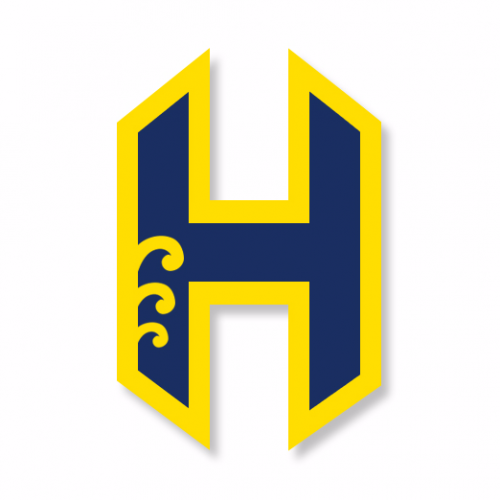
Manaiakalani programme continues to shine
We have now received our fifth set of achievement data on student achievement both within Hornby High School and across our Uru Mānuka cluster, highlighting student achievement as we engage with the Manaiakalani ‘Learn Create Share’ pedagogy, and digital devices (Chromebooks).
The data gives very clear evidence that as students progress beyond their three years of exposure to what we call the ‘manaiakalani medicine’, student achievement is accelerated. Our students tend to begin school well behind national levels of achievement. The term “acceleration” means to create progress at a rate that is faster than national norms, and that is exactly what we are doing.
We are accelerating writing at a rate of approximately twice national averages. We are also accelerating reading and mathematics progress, at around one and a half times national averages.
As a school, and a cluster, 2018 is our fourth year using the ‘Learn Create Share’ pedagogy and Chromebooks. Our data shows that by the time students enter their fourth year of this, they are achieving real acceleration.
The image above is our writing data.
The grey lines are the national rates of progress, while the coloured lines are groups of our students from the cluster. The Year 7s and 8s are mostly Hornby High School, and the Year 9s and 10s are all Hornby High School.
Looking carefully you see that at the beginning of 2016 students were well below the grey line (the national average). By the time we get to February 2018 they have either almost caught up or, in some cases, have exceeded national averages. You can judge this visually by looking at how far away from the grey lines our data is at the left hand end in each column, and then how much closer the coloured lines are to the grey lines at the right hand end. This is the ‘acceleration’ we are talking about.
The dips you see on the graphs are what we call the ’summer learning affect’. Over the summer break some student learning and achievement is lost. Over the 2017/2018 summer we took part in the ‘summer learning journey’. This was a summer writing programme that encouraged students to do some reading , and write blogs in response to particular activities. The research evidence showed that students who blogged twice or more each week over the summer suffered almost no loss in their learning compared with what we call a ‘control sample’ who did not.
The data is collected and analysed independently by the Woolf Fisher Research Centre from Auckland University using nationally normed assessments (e-asTTle and PATs) and so is relatively authentic and reliable. That is, it’s good quality data.
So the pedagogy ‘Learn Create Share’ makes a difference, and its effects are magnified by the use of the digital devices, the Chromebooks.
Student ownership of a Chromebook is essential to this, and we continue to say thank you to those whānau who invest in Chromebooks. We can see clearly from the evidence that this makes a big impact on student learning.
